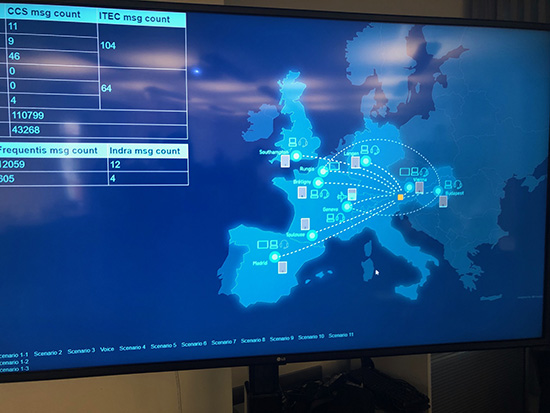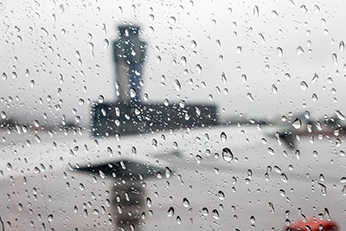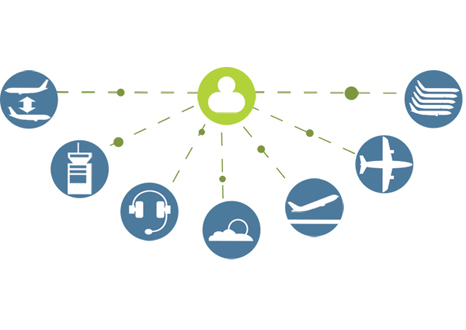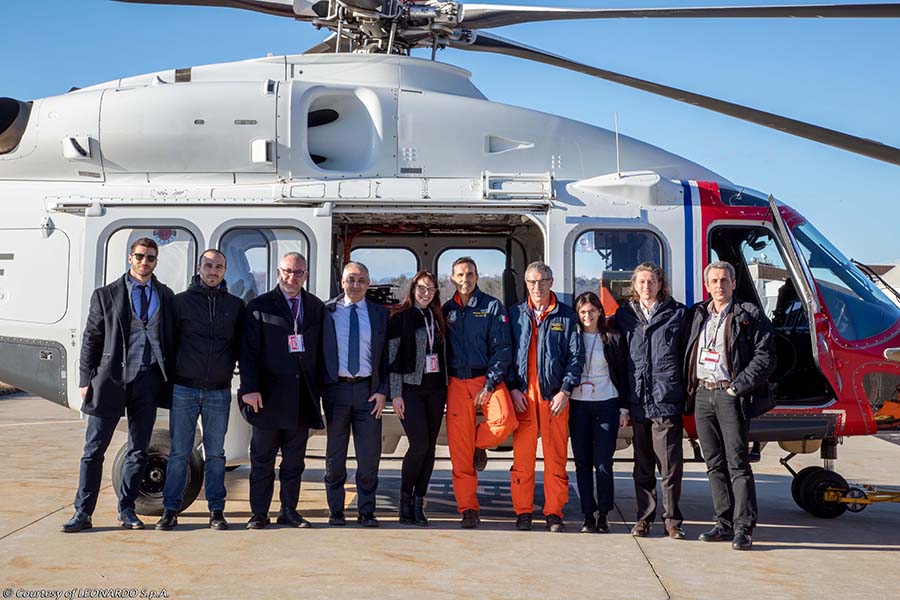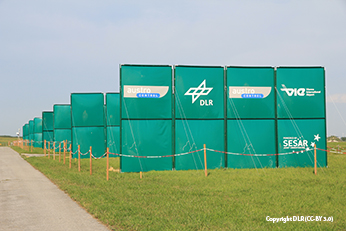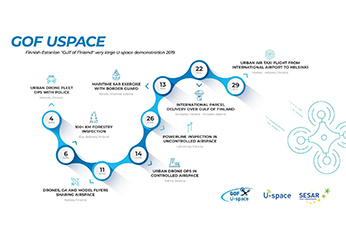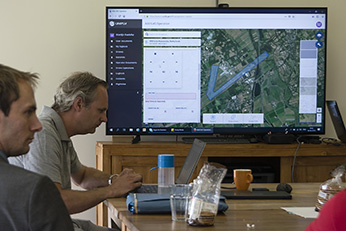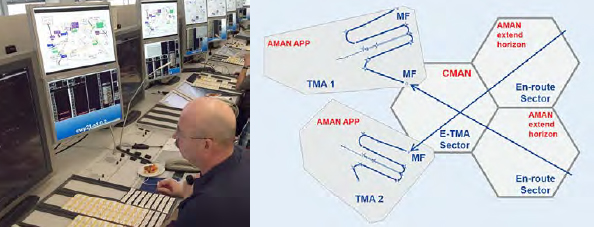In a matter of years, remote tower technology has re-written the rulebook on air traffic control. Initially conceived as a smart, safe and sustainable solution for airports with very low traffic density, remote towers are now becoming a reality at airports with significantly higher traffic movements,
Single remote tower
In the first SESAR JU programme (2008-2016), members and partners showed the feasibility of physically separating the control tower and controllers, while still enabling the safe provision of ATC services at an airport. This R&D led to the first single remote tower deployment - which in many ways has become the template for ensuing deployments - at Sweden's Örnsköldsvik Airport in 2014.
The smaller physical footprint of remote towers has prompted airport planners and architects to rethink how the valuable liberated space can be exploited for other operational and business purposes. This has been the case at London City (LCY) Airport which is undergoing a substantial £350 million (EUR 400 million) redevelopment.
This solution #71 is successfully implemented at Örnsköldsvik Airport, controlled from the Sundsvall ATC as well as Stockholm Arlanda that is controlling four airports: Kiruna Airport, Umeå Airport, Åre Östersund Airport and Malmö Airport
Mutiple remote towers
The story of remote towers does not end there. With SESAR 2020 (2016-2020), testing is underway on the 'remote tower centre' (RTC) where a number of modules can be deployed that can cover multiple airports on a 'one module to one airport' basis. Such a centre is being established at Arlanda to provide remote air traffic control to airports in Malmö, Östersund, Umeå and Kiruna to over 20 digitally-connected airports. A similar installation is planned in Norway, where 15 airports will be operated by a tower centre in Bodø by the end of 2020.

